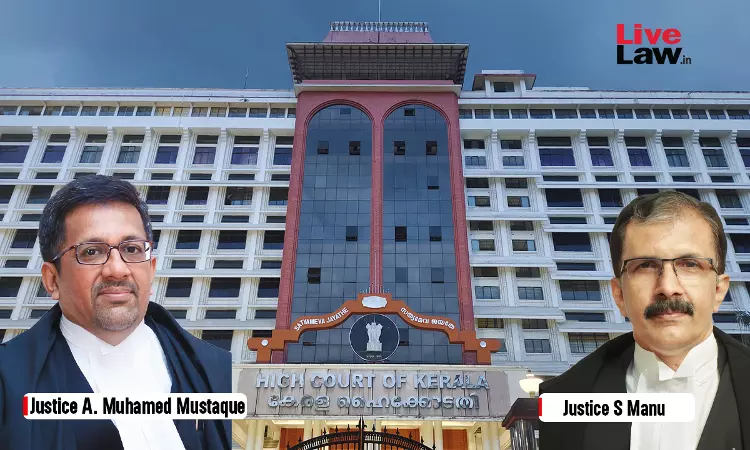- Home
- /
- High Courts
- /
- Kerala High Court
- /
- Kerala High Court Says It Lacks...
Kerala High Court Says It Lacks 'Supervisory Jurisdiction' Over NCDRC
Tellmy Jolly
1 Aug 2024 12:45 PM IST
The Kerala High Court has held that it can exercise its supervisory jurisdiction under Article 227 of the Constitution only over Courts and Tribunals falling within its territorial jurisdiction.The petitioner filed an appeal against the judgment of the Kerala State Consumer Disputes Redressal Commission before the National Consumer Disputes Redressal Commission (NCDRC) in New Delhi. Aggrieved...
Next Story



